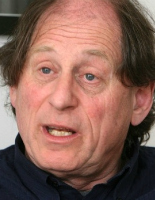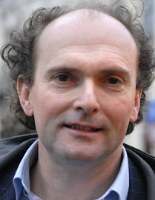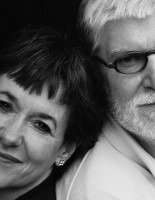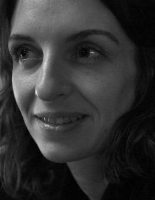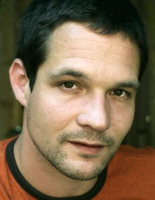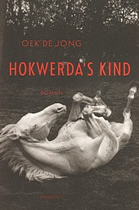
Oek de Jong - Hokwerda’s Child
In Hokwerda’s Child, the writer tells the story of a determined young woman, Lin Hokwerda, who loses herself in love. The book is narrated with a broad vision and an extraordinary eye for detail. The novel opens with an oppressive scene: as a young girl, Lin is repeatedly thrown into the river by her father. Every time, after the rough splash into the water, she swims back to her father. Again and again she is flung back – until she almost drowns. This scene casts a shadow over the entire book.
In her twenties, after a successful sporting career that is prematurely cut short, Lin meets the man of her dreams. But the pattern of their love resembles that of the opening scene: Lin is consistently cast away by Henri but always comes back. When she meets Jelmer, a mild-mannered lawyer, it seems she will be able to erase this dangerous man from her life. But her restlessness persists and she seeks out Henri once more.
De Jong allows his characters to reach the peaks of love in sensual, erotic scenes, briefly banishing all threats. But, with great stylistic force, De Jong eventually carries Lin and Henri to their inevitable doom.
Biography
Oek de Jong (1952) made his debut with a collection of short stories, Massimo’s Ascension (1976), for which he received the Reina Prinsen Geerlings award. He enjoyed his real breakthrough in 1979 with the novel Billowing Summer Dresses, an enormous success. His second novel Circle in the Grass was extremely well received by both critics and the reading public. In 1993 De Jong published The Octopus and in 1997 a collection of essays entitled A Man Leaping into the Future.
QUOTES
- ‘A love story that gleams darkly, repeatedly crossing the ill-defined boundary between love and hate. A masterly hand is at work here.’ – Trouw
- ‘You feel you really get to know the main characters, both of them, and in their tormented tension discover a love that is sincere after all, sometimes even pure, with an extremely confusing way of making everything right. - NRC Handelsblad
